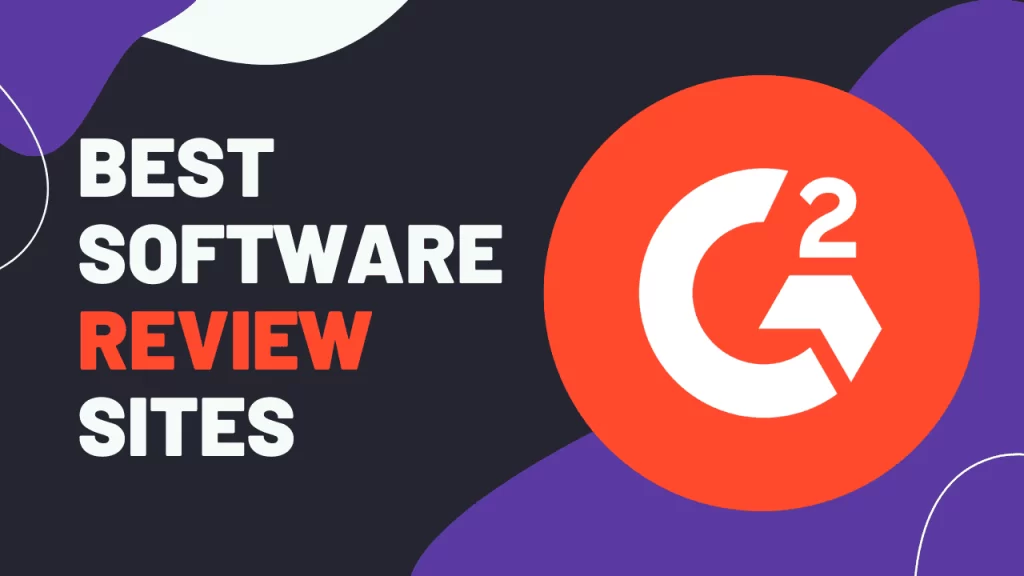Key Takeaways
- B2B SaaS companies are adopting various growth strategies, such as marketing initiatives, SEO, and expanding into new markets to maintain competitiveness in a fast-growing market.
- The annual revenue generated by the global SaaS market has seen a fourfold increase between 2016 and 2023, rising from $62.69 billion to $253.90 billion. During COVID-19, specifically from 2020 to 2023, the SaaS industry surged by 72% (Statista).
- Key features of successful B2B SaaS products include scalability, integration capabilities, flexibility in pricing models, and robust security measures to ensure data protection and build customer trust.
- Emerging trends in the B2B SaaS space, such as artificial intelligence, machine learning, and vertical-specific solutions, are expected to drive future growth by enhancing efficiency, providing deeper insights, and catering to industry-specific needs.
Understanding B2B SaaS

B2B SaaS, short for business-to-business software as a service, is reshaping the commercial landscape. These cloud-based software solutions offer many advantages, including enhanced efficiency, process streamlining, and customization capabilities.
B2B Software as a Service (SaaS) platforms designed specifically for business-to-business interactions. These platforms require an internet connection for access, as the software is hosted on the cloud, ensuring that businesses can utilize these tools from anywhere, at any time.
This business model contrasts with traditional business-to-consumer (B2C) software by providing specialized services aimed at addressing complex business needs rather than individual consumer requirements.
Typically, B2B SaaS companies offer their solutions on a subscription basis, with customers paying a monthly or annual fee to use the software. This approach allows for scalable, cloud-based tools that can grow with a business, providing flexibility and cost-efficiency compared to on-premises computer software.
The rise of SaaS businesses has been driven by their ability to:
- Save companies on upfront costs typically associated with conventional software systems
- Ensure 24/7 online accessibility from any location, providing unmatched convenience
- Provide automatic updates that ensure the latest version of the software is always in use, adding an extra layer of security and effectiveness to the SaaS model.
The Rise of B2B SaaS
The shift towards cloud-based software has significantly influenced the growth of B2B SaaS. According to Statista, the annual revenue of the Software as a Service (SaaS) market has quadrupled from 2016 to 2023, from $62.69B to $253.90B, and up 72% in COVID-19 times (i.e. 2020 to 2023.)
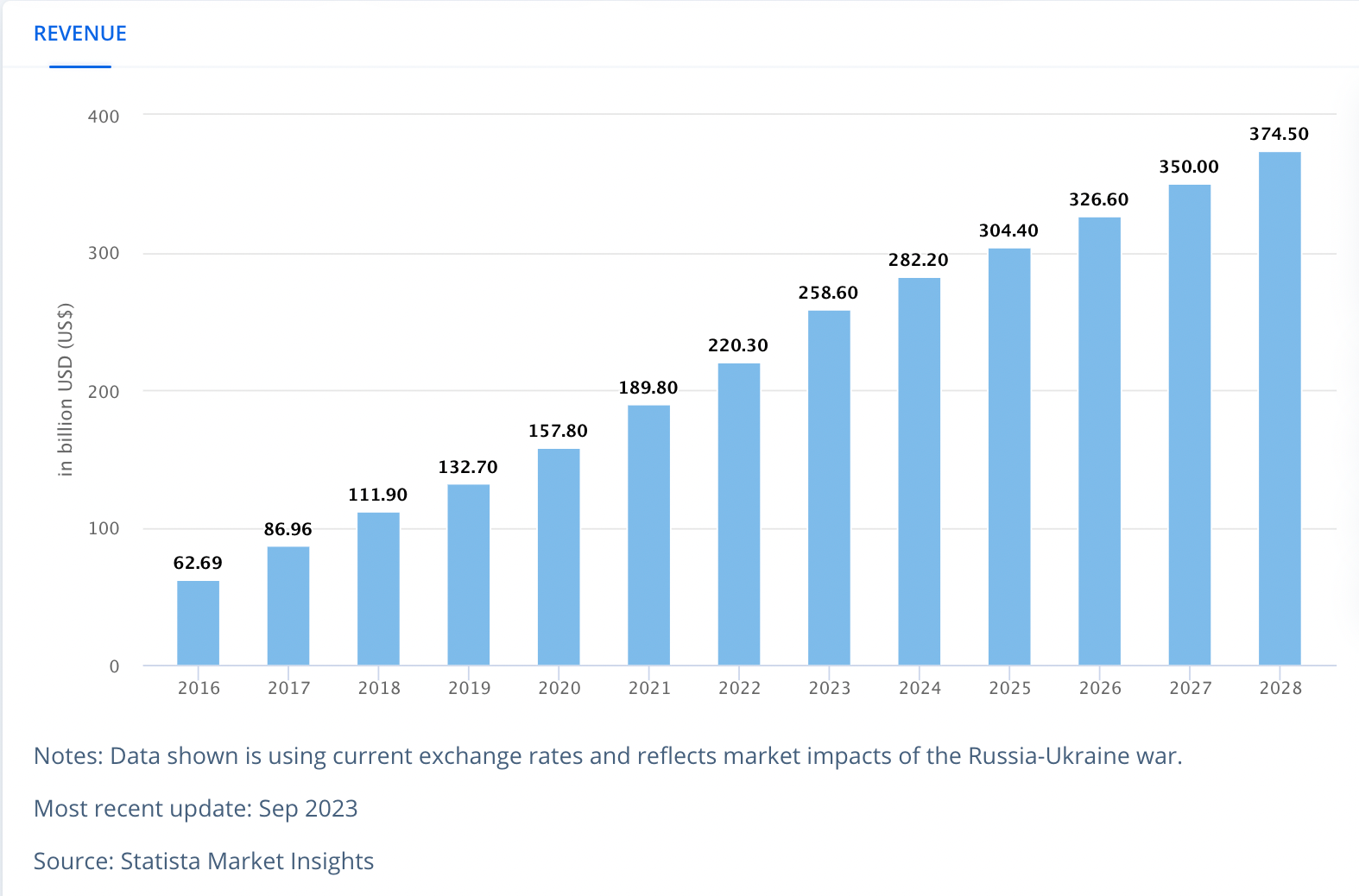
It’s clear that companies are increasingly relying on these SaaS platforms. The competitive dynamics of the SaaS market have also contributed to this growth, with the number of SaaS products estimated at somewhere between 30,000 to 70,000, with over 100,000 products listed on G2 across 2,100 categories, an average of almost 50 products per category.
In order to maintain competitiveness and meet increasing demand, B2B SaaS companies are adopting a blend of progressive growth strategies. These include:
- Modernizing marketing (like building communities and hosting podcasts to create and capture demand in the “dark funnel”, before buyers meet with vendors near the end of the buying journey).
- Scaling sales (remains the backbone of growth for many mid-to-high priced B2B SaaS products.)
- Developing multiple purchase paths, like self-service product-led and sales-led.
- Partnering to extend reach and product functionality (with agencies, influencers, affiliates, resellers, distributors, and tech partners.)
- Expanding into new markets
- Diversifying geographical reach
These tactics, including social media marketing, have proven to be successful for accelerating growth and reducing customer acquisition cost in the B2B SaaS sector.
The Role of B2B SaaS in Modern Business
The B2B SaaS model has a multifaceted role in helping today’s businesses. By offering companies the agility to work more efficiently, improve collaboration and communication, and make smarter decisions, these solutions are fundamentally transforming the way businesses operate.
Key features of B2B SaaS software, such as scalability, customizability, and user-friendliness, directly contribute to increased productivity in business operations.
The integration of advanced technologies like AI into SaaS software is set to revolutionize productivity. AI-powered SaaS products offer several benefits, including:
- Automating mundane tasks
- Providing better customer behavior insights
- Boosting efficiency
These advancements in technology are transforming the way small businesses operate and helping them achieve greater success.
Key Features of Successful B2B SaaS Platforms
Several key features underpin the success of a B2B SaaS platform.
Central to these features is the capability to find product-market fit, which is when a product satisfies a strong market demand to help other businesses in resolving particular challenges or driving their growth via cloud-based solutions.
These solutions offer flexibility, allowing businesses to quickly adapt to market changes and customer demands.
Pricing also plays a vital role in the success of B2B SaaS. Different pricing models such as:
- Tiered
- Per-user
- Usage-based
- Flat-rate
This pricing flexibility, coupled with user-friendly designs and strong customer support, ensures that businesses can effectively leverage these solutions to achieve their goals.
Scalability
Scalability is an indispensable feature of B2B SaaS products. It’s not just about the ability to handle an increasing number of users or transactions, but also about adapting to the evolving needs of businesses.
Scalability ensures that as a company grows, the SaaS solution grows with it. This is often facilitated by flexible pricing plans that allow customers to pay for only the features they need and scale their spending as business requirements change.
Scalable B2B SaaS solutions enable businesses to modify their operational capabilities by adding or removing users, increasing storage, and improving functionalities as the company evolves. This ability to adjust to changing business needs not only enhances operational efficiency but also helps to ensure long-term sustainability.
Integration Capabilities
Another major feature of popular B2B SaaS products is integration capabilities. By streamlining data management across various systems, these solutions can significantly enhance efficiency and simplify operations.
Whether it’s integrating with popular software tools or automating data transfer, the ability to seamlessly link different systems is a game-changer for businesses.
Integrations have become increasingly important in B2B SaaS due to the trend of businesses using a growing number of SaaS applications each year, as highlighted by the data on Statista showing a steady increase in the average number of SaaS apps used by organizations annually.
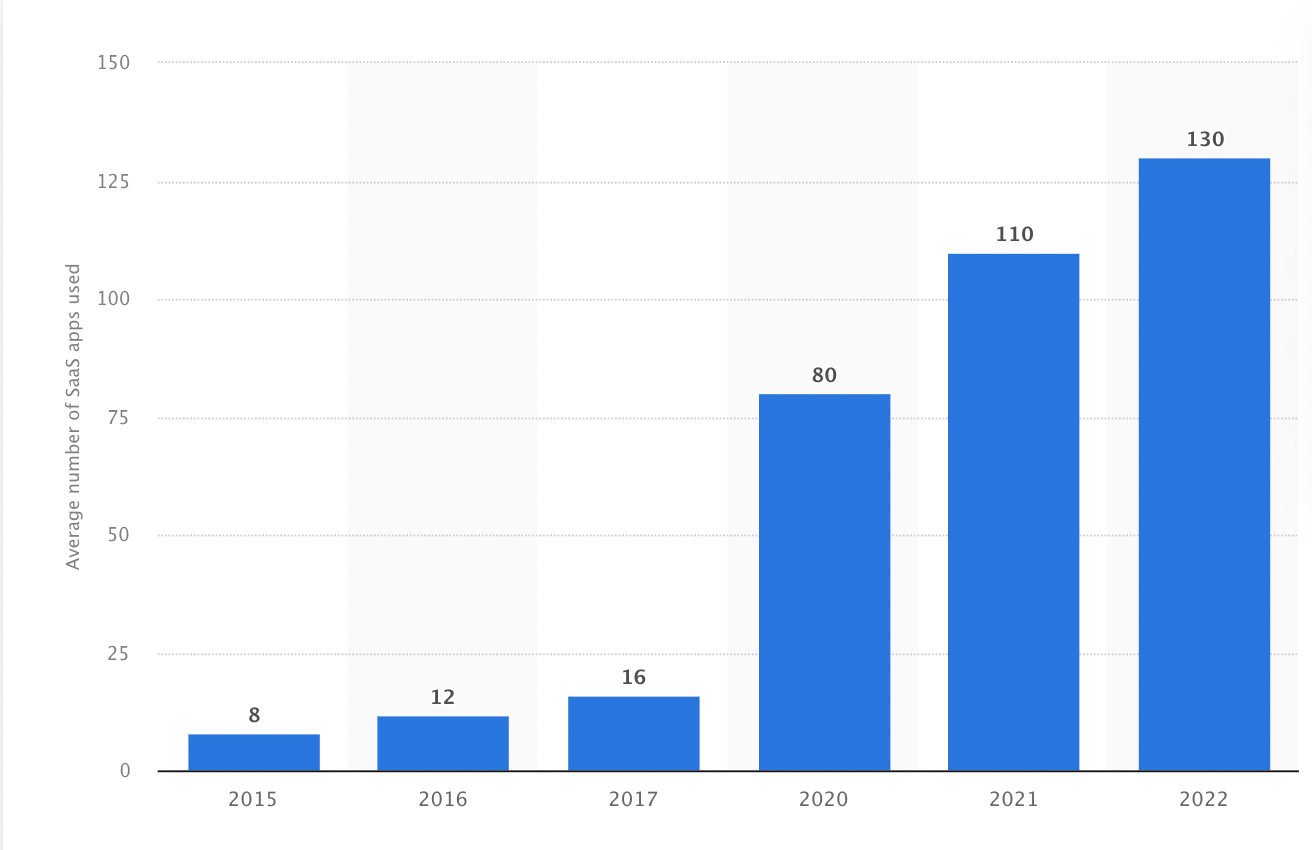
Not only do these integrative capabilities save businesses substantial time in their workflows, but they also enable faster and more accurate customer service interactions.
By providing centralized and easily accessible data, integrated B2B SaaS solutions support informed decision-making and provide businesses with much-needed transparency.
Security and Data Protection
Any successful B2B SaaS solution must include security and data protection features. For some SaaS companies, SOC compliance is needed to compete.
Given the volume of sensitive business data that these solutions handle, strong security measures are essential for protecting this information and building trust with customers.
Some key security and data protection features SaaS companies offer are:
- Multi-factor authentication (MFA)
- Single sign-on (SSO)
- Encryption of data at rest and in transit
- Regular security audits and vulnerability assessments
- Role-based access control (RBAC)
- Secure backup and disaster recovery processes
These features significantly enhance user access security and management in SaaS platforms.
Encrypting data both in transit and at rest ensures the security of sensitive information stored within SaaS applications. Additionally, monitoring data sharing within SaaS applications is crucial for preventing unauthorized access and protecting confidential business information.
Advanced cybersecurity measures, including AI algorithms, further enhance the capability of SaaS companies’ solutions to proactively detect and respond to security threats.
16 Top B2B SaaS Companies in 2024
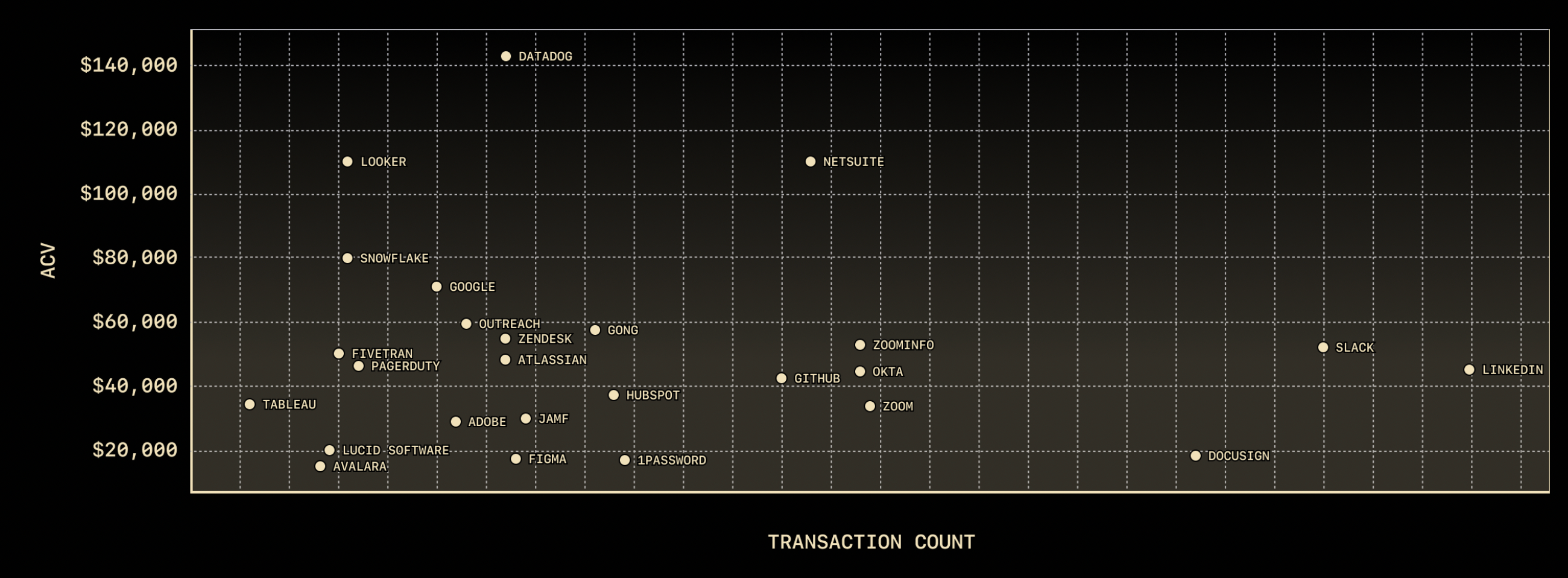
As we enter 2024, many B2B SaaS companies are at the forefront, each offering diverse tools and services that cater to different business needs and operational requirements.
These solutions greatly influence the way businesses operate and interact with customers, constantly evolving to cater to diverse business needs.
From the 1Password’s password management software to ZoomInfo’s sales intelligence software, these top B2B SaaS companies represent a diverse array of tools that serve different niches and operational requirements within the business realm.
Let’s examine these solutions and explore their offerings.
1Password
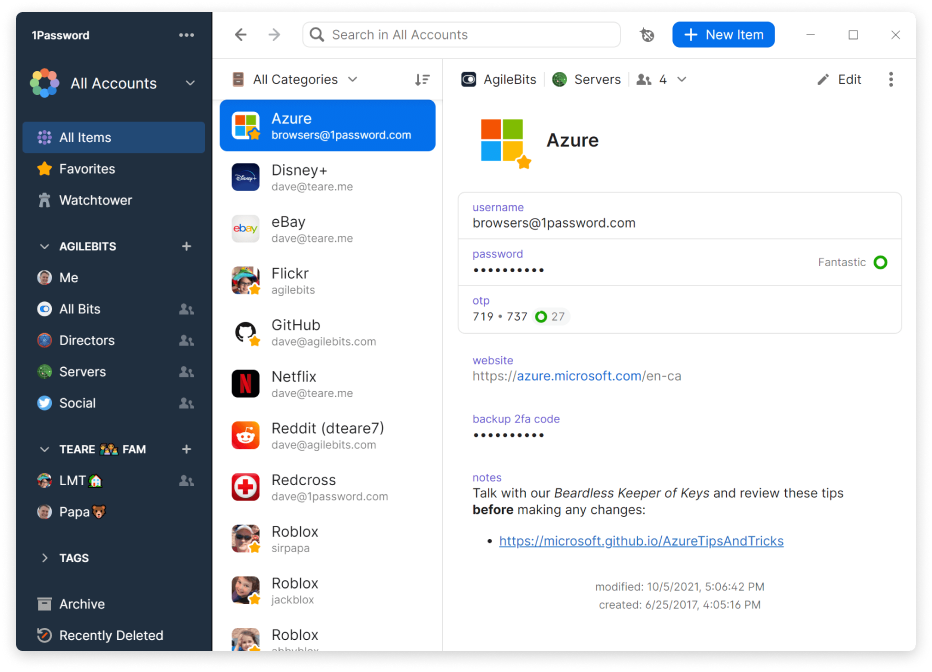
1Password revolutionizes secure password management for businesses and individuals alike. By offering a user-friendly platform for storing and managing passwords, secure notes, and personal information, 1Password ensures that your digital life is both safe and easily accessible, making it a staple in cybersecurity practices.
Atlassian
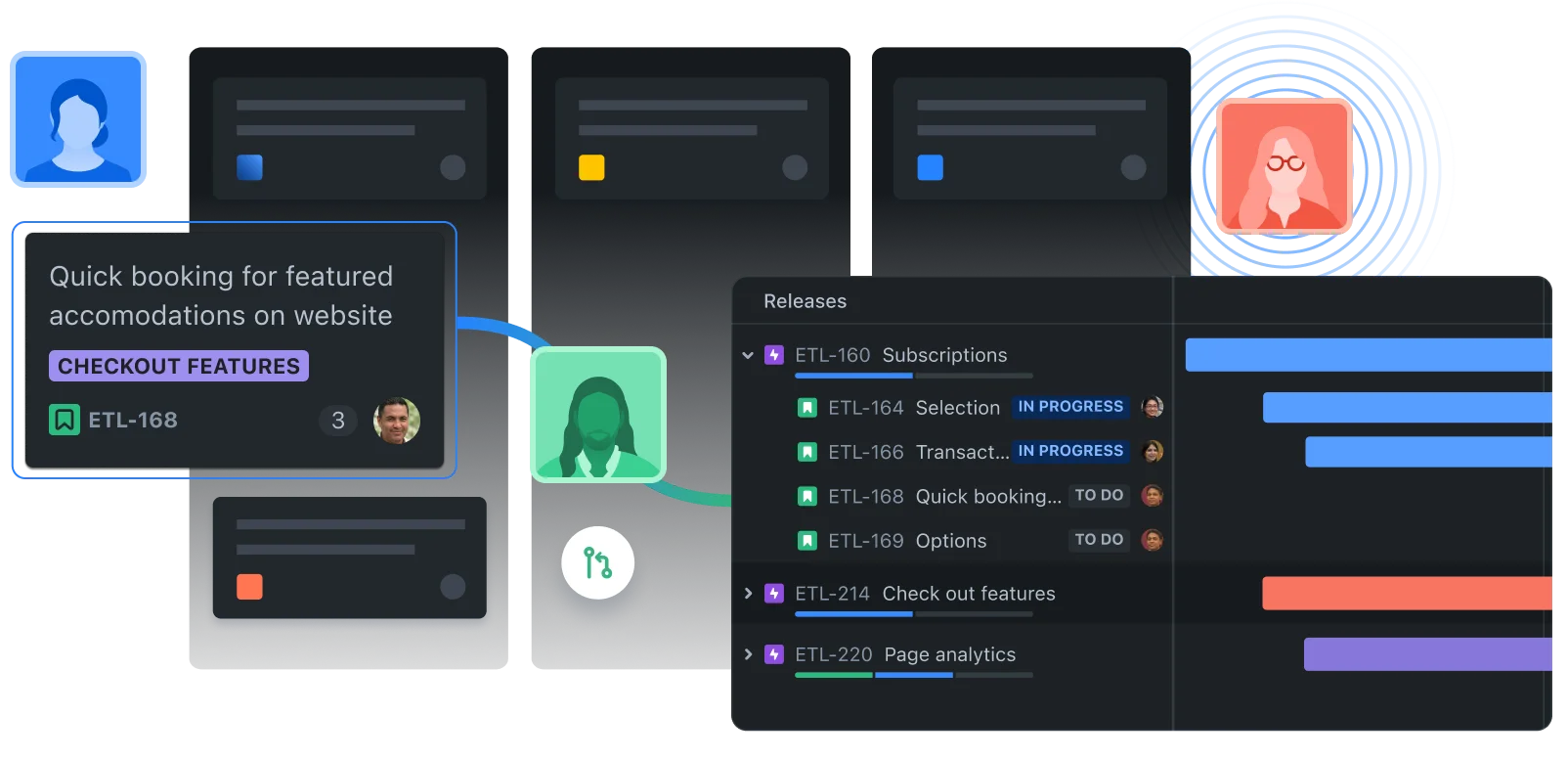
Atlassian stands at the forefront of team collaboration and project management solutions. With a suite of tools including Jira for project tracking, Confluence for team collaboration, and Bitbucket for code management, Atlassian facilitates seamless communication and workflow management across technical and non-technical teams.
Datadog
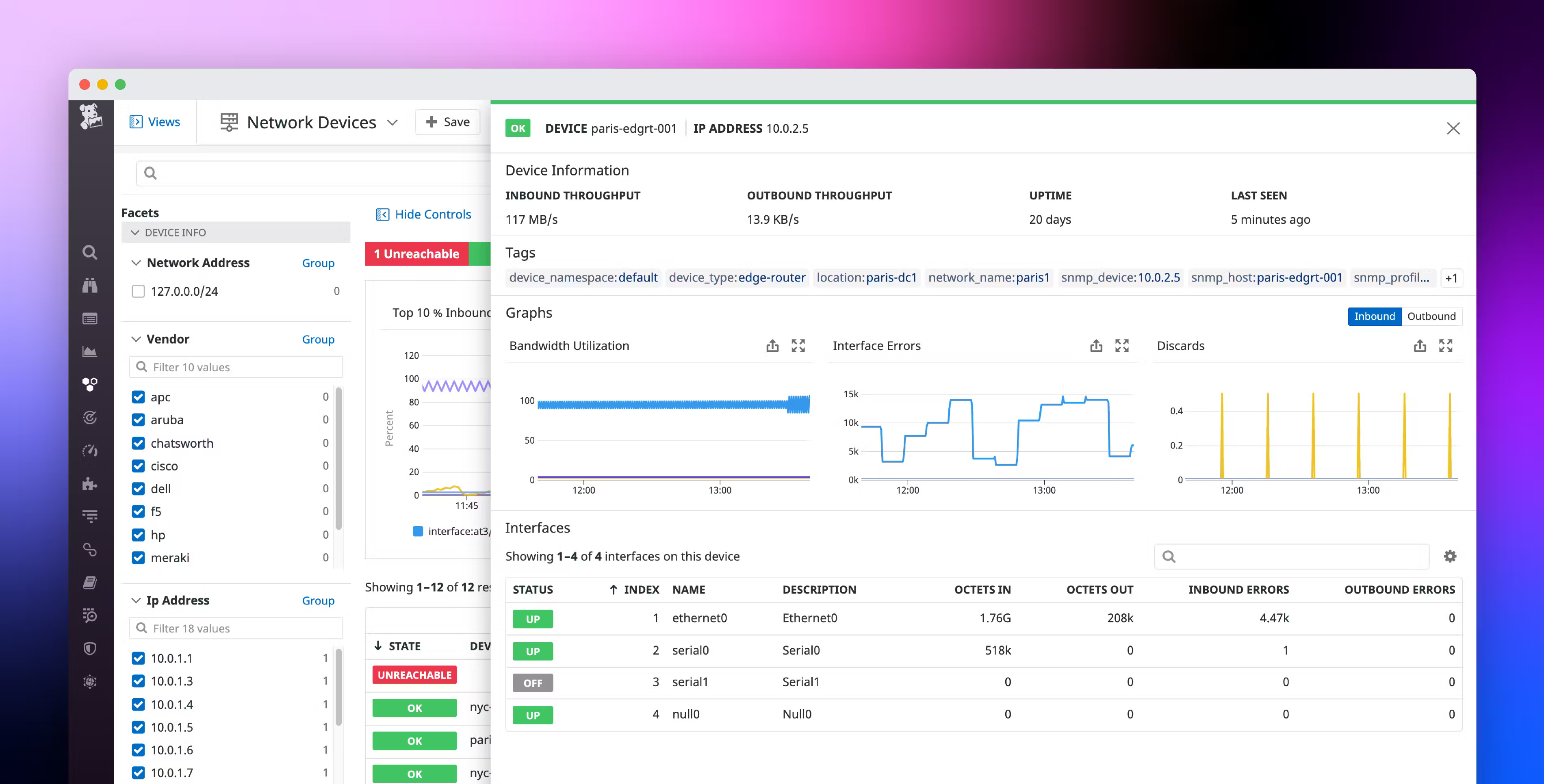
Datadog is a comprehensive cloud monitoring service that provides deep visibility into applications, networks, and services, enabling businesses to optimize performance and keep track of their infrastructure’s health in real-time. Its scalability and integration capabilities make it indispensable for cloud-based operations.
DocuSign
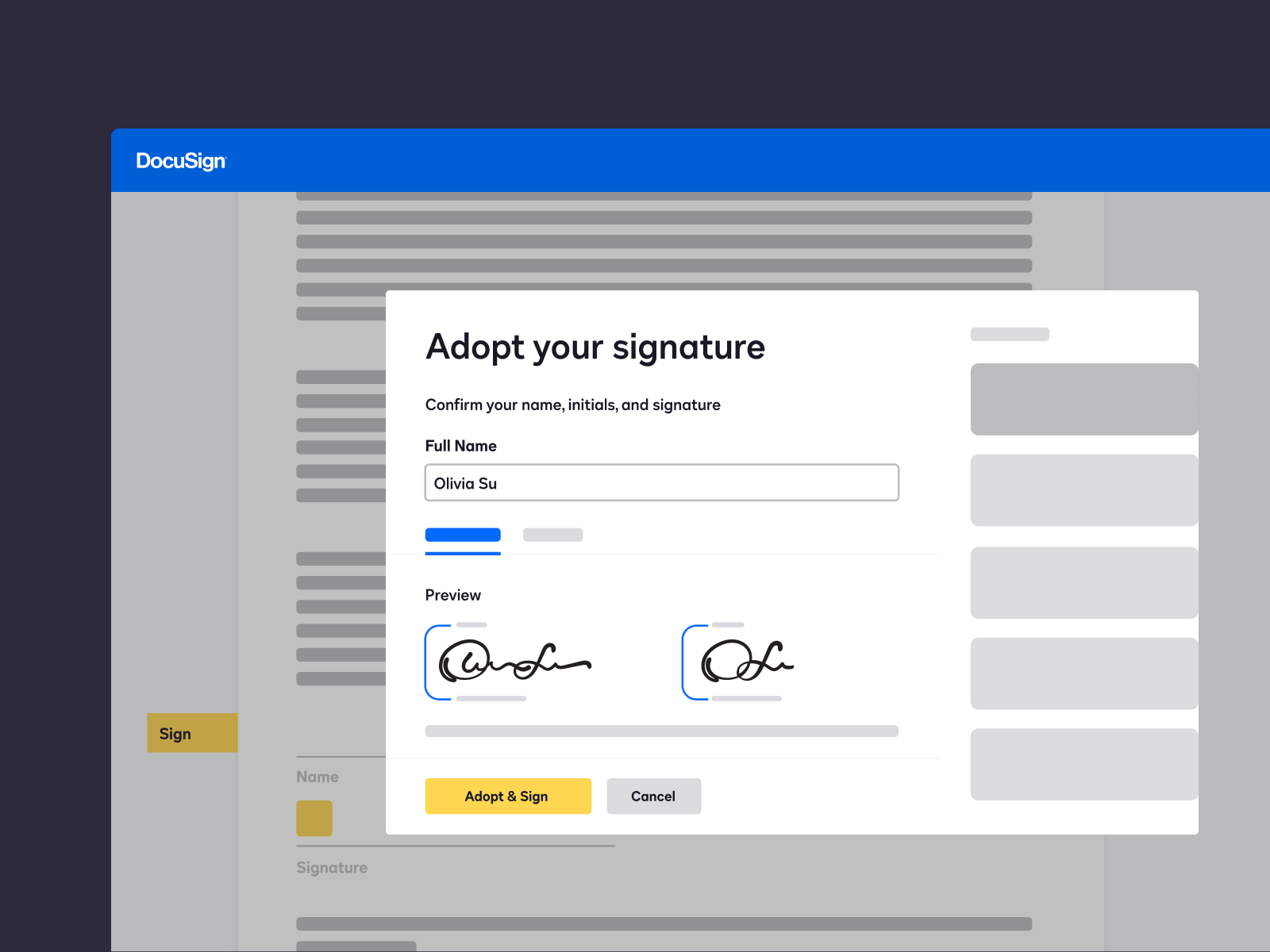
DocuSign transforms the way we handle agreements with its electronic signature technology. Facilitating secure digital document signing and management, DocuSign accelerates agreements, streamlines workflows, and enhances customer experience, marking a new era in business efficiency.
Google Analytics
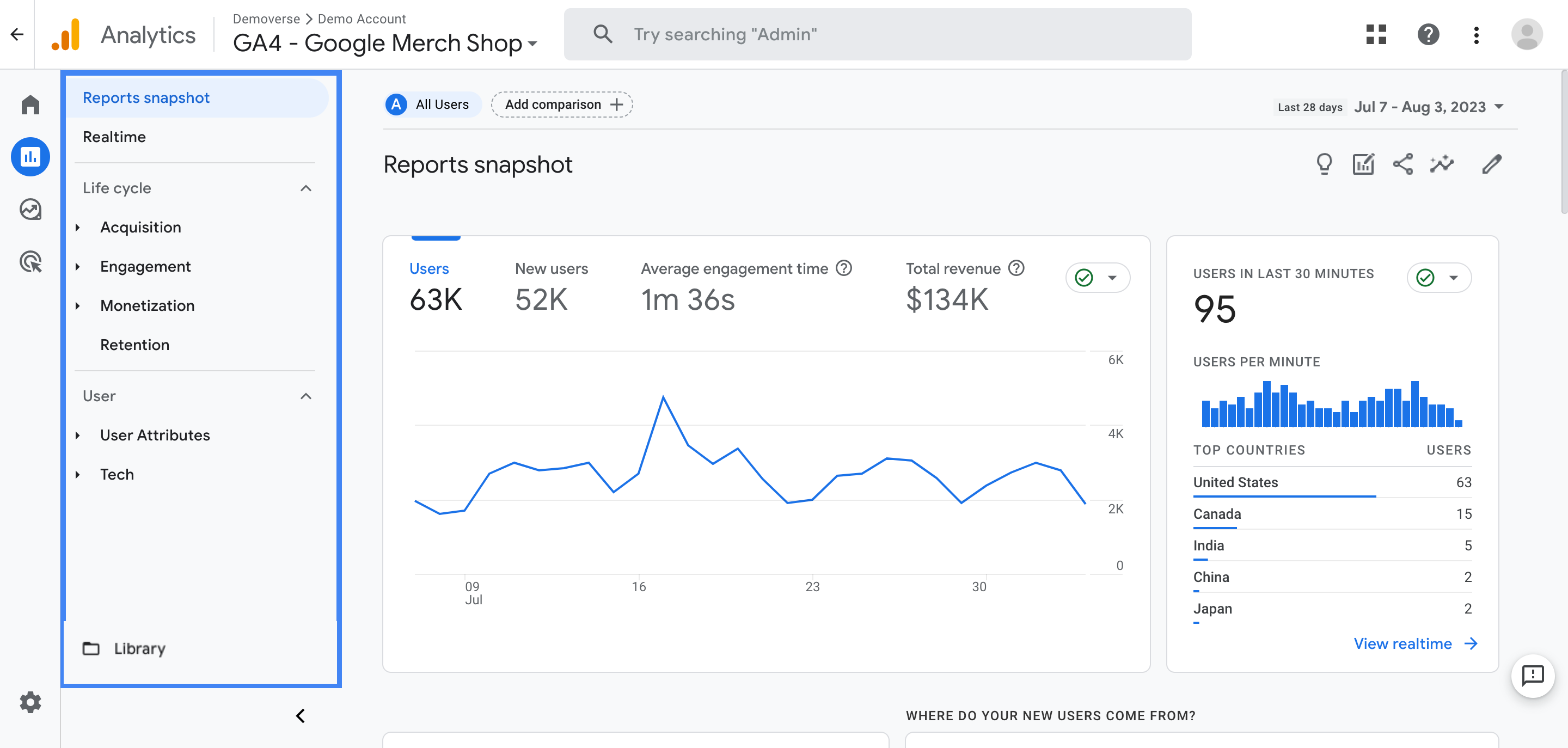
Google Analytics is the premier tool for web analytics, offering businesses deep insights into website traffic, user behavior, and conversion data. This powerful platform helps companies optimize their online presence and marketing strategies by providing detailed website analytics and trends.
HubSpot
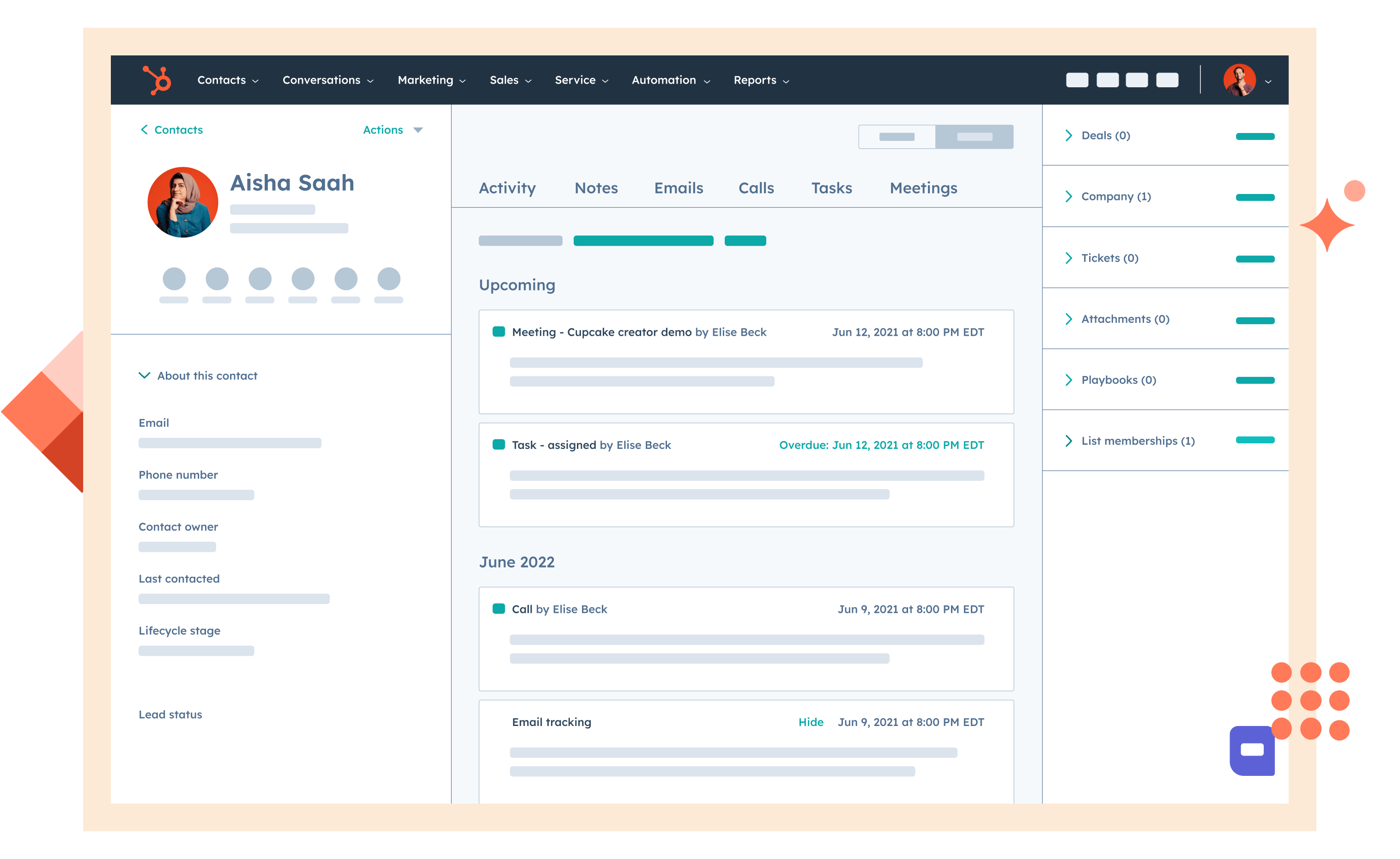
HubSpot‘s CRM platform redefines inbound marketing, sales, and customer service. With its integrated suite of applications, HubSpot supports businesses in attracting leads, helps businesses capture leads, engaging with prospects, and delighting customers, fostering growth through a comprehensive marketing approach. HubSpot coined cloud based inbound marketing and continues to be a SaaS business at the forefront of digital marketing with its marketing automation.
Lucid
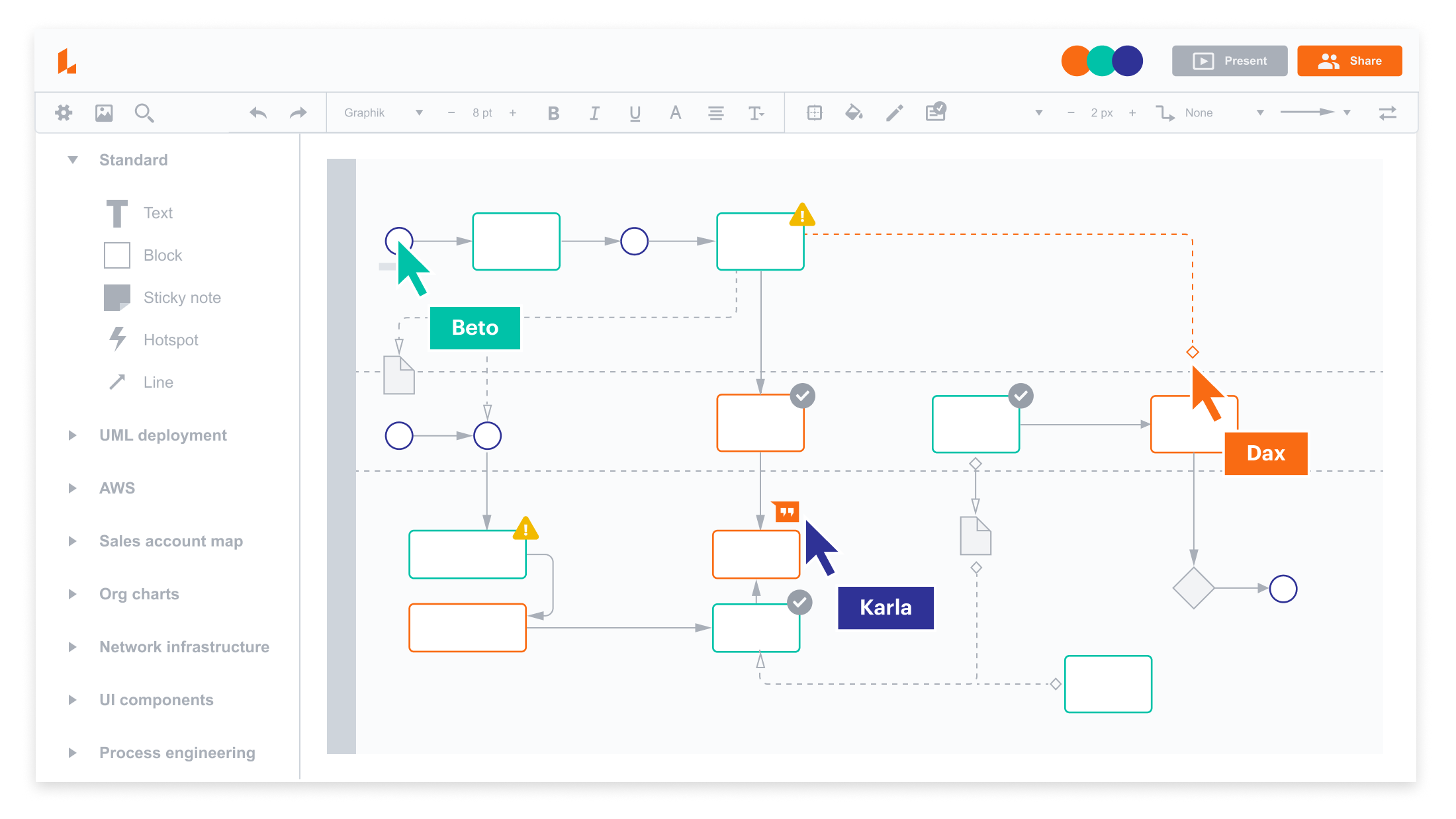
Lucid‘s suite of visual collaboration tools, including Lucidchart for diagramming and Lucidspark for brainstorming, empowers teams to communicate ideas visually. By facilitating clear and creative thinking, Lucid helps teams bring their best ideas to life efficiently.
Monday.com
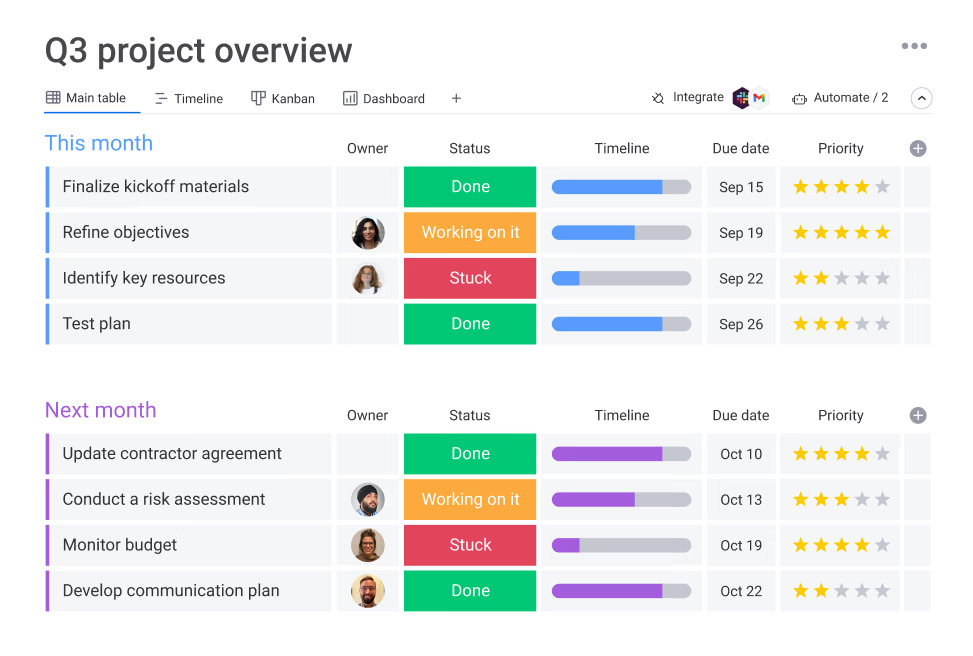
Monday.com stands out as a project management software for B2B professionals. Offering a range of features designed to enhance efficiency and streamline workflows, this solution is a testament to the transformative power of B2B SaaS solutions.
Okta
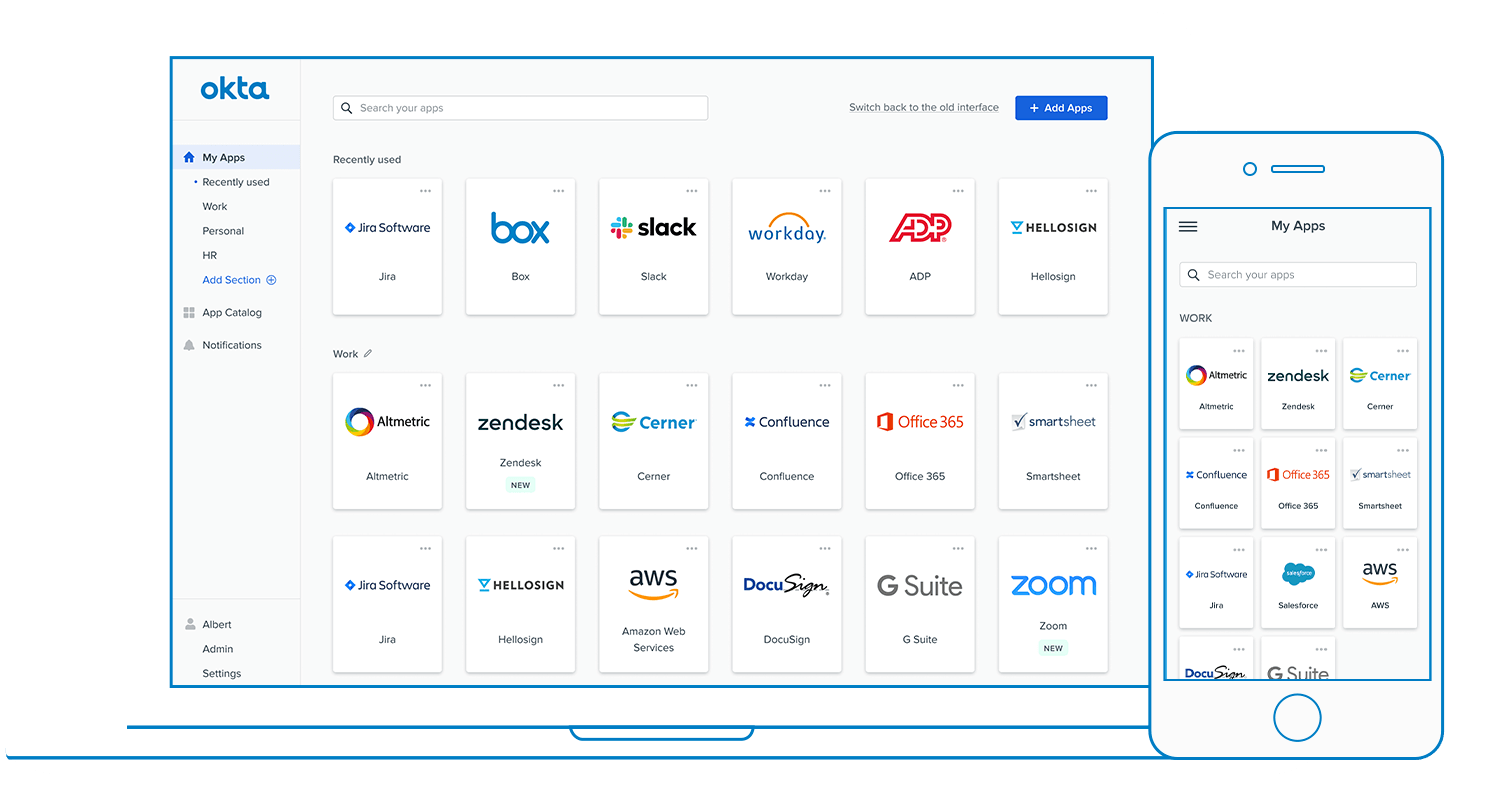
Okta is a leading identity and access management solution that offers secure identity management and single sign-on to any application. By prioritizing security and user experience, Okta enables businesses to protect their data while simplifying access for users across any platform.
Qualtrics
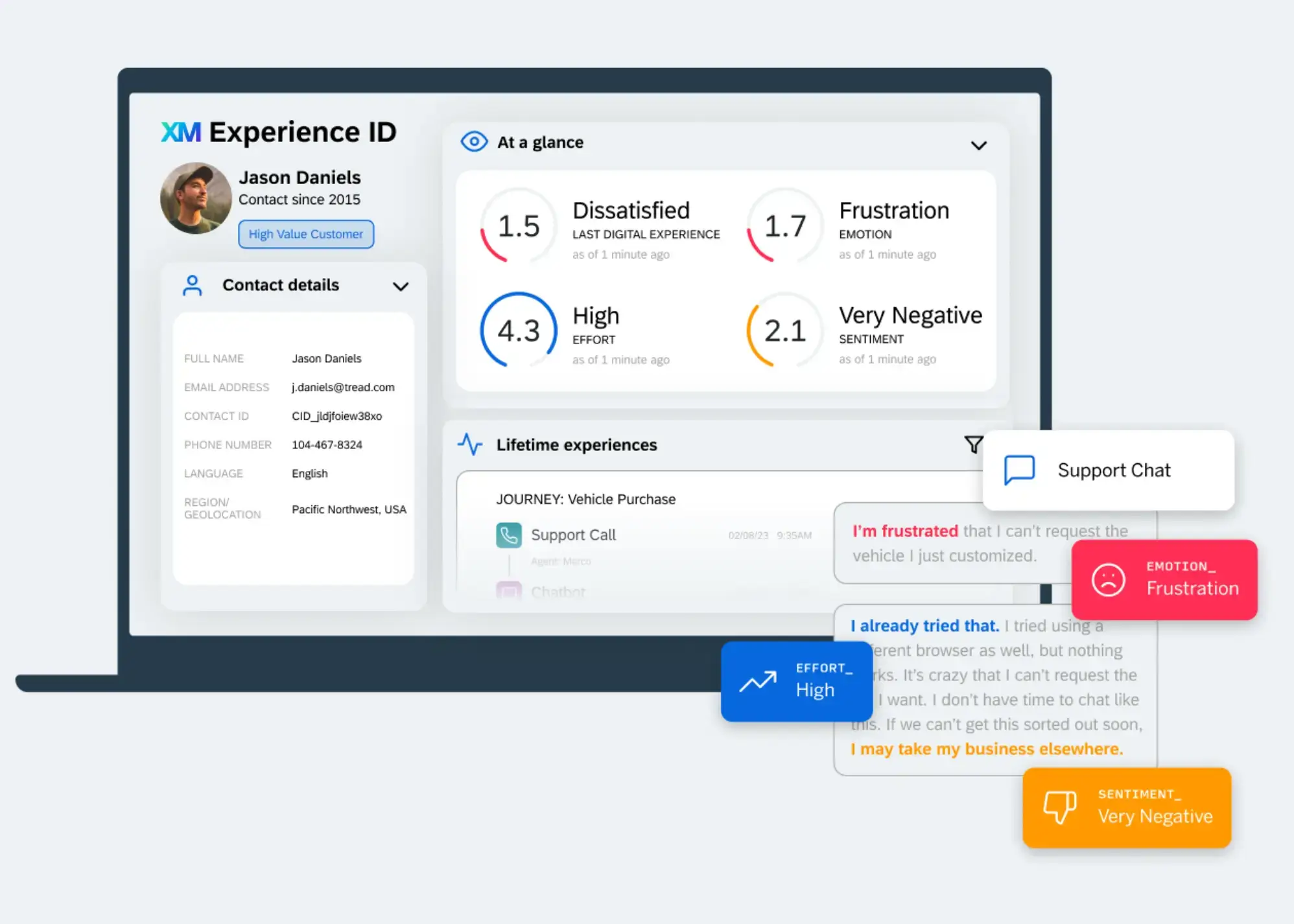
Qualtrics leads in enterprise feedback management, offering robust tools for survey creation, distribution, and analysis. This platform enables organizations to gather actionable insights from customers and employees, enhancing decision-making and driving improvement initiatives.
Shopify
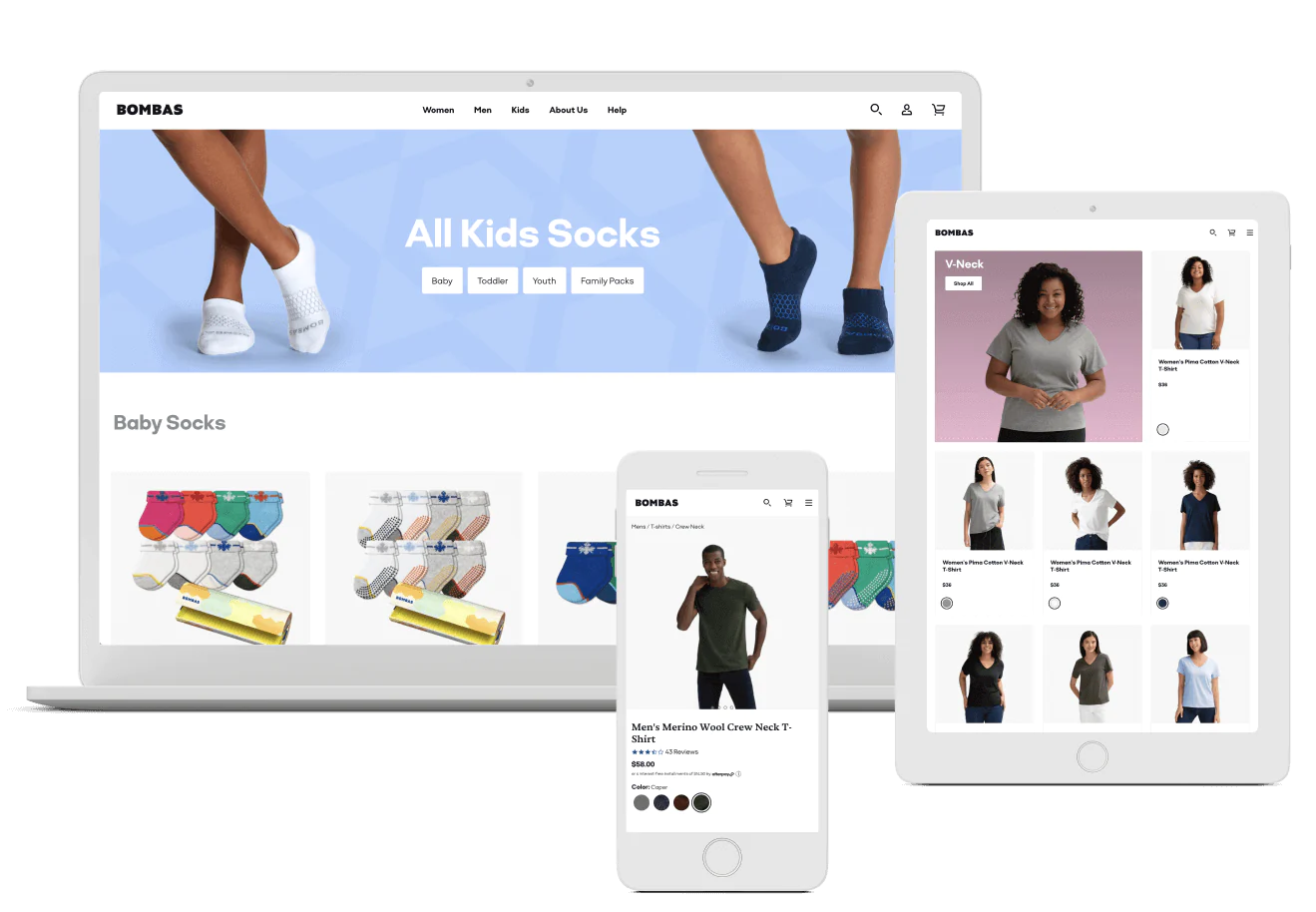
Shopify offers an intuitive ecommerce platform, enabling businesses to set up, manage, and scale their online stores seamlessly. From product management to payment processing, Shopify simplifies e-commerce for merchants worldwide.
Snowflake
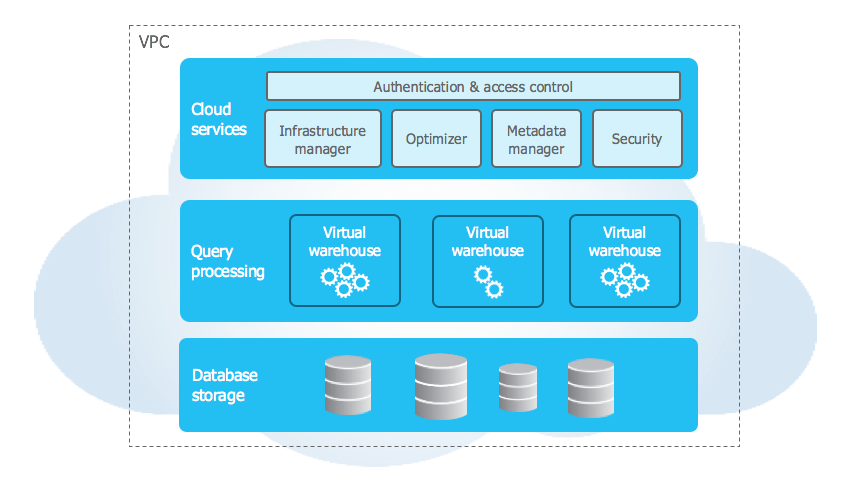
Snowflake‘s cloud data platform offers a fully managed service that’s scalable, secure, and designed to handle the complexity of modern data warehousing. With Snowflake, businesses can easily store, integrate, and analyze vast amounts of data, unlocking valuable insights for data-driven decision-making.
Webflow
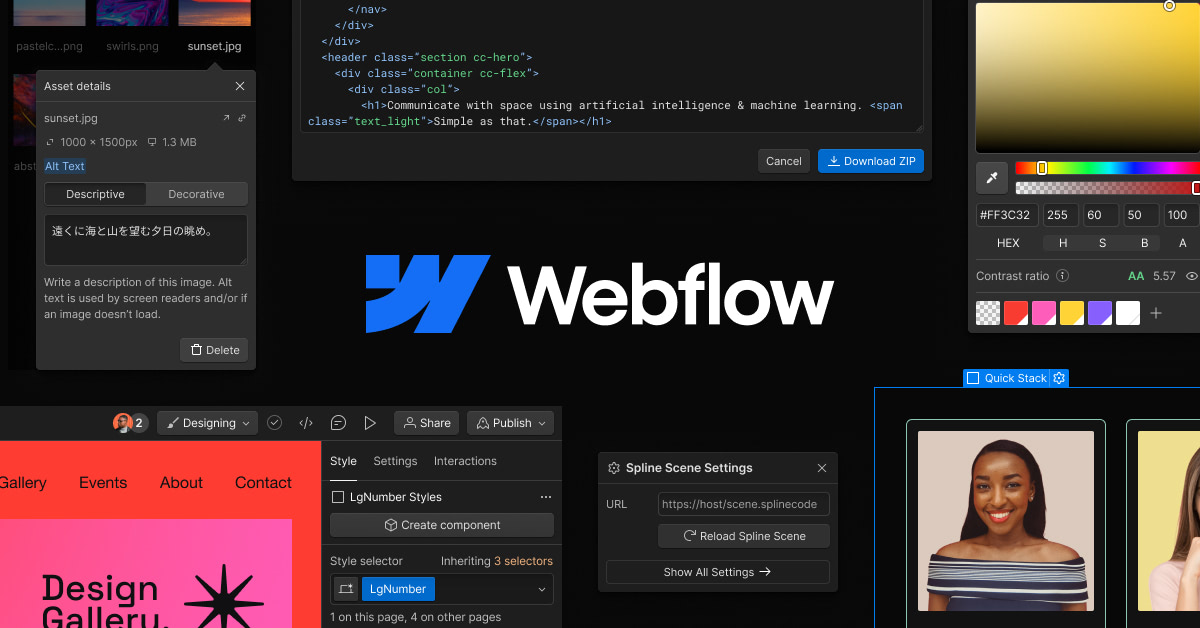
Webflow empowers users to design, build, and launch dynamic websites and e-commerce platforms without coding, democratizing web development with visual design tools. It blends web analytics with a powerful content management system (CMS), making it an invaluable tool for businesses enhancing their online presence.
Zendesk
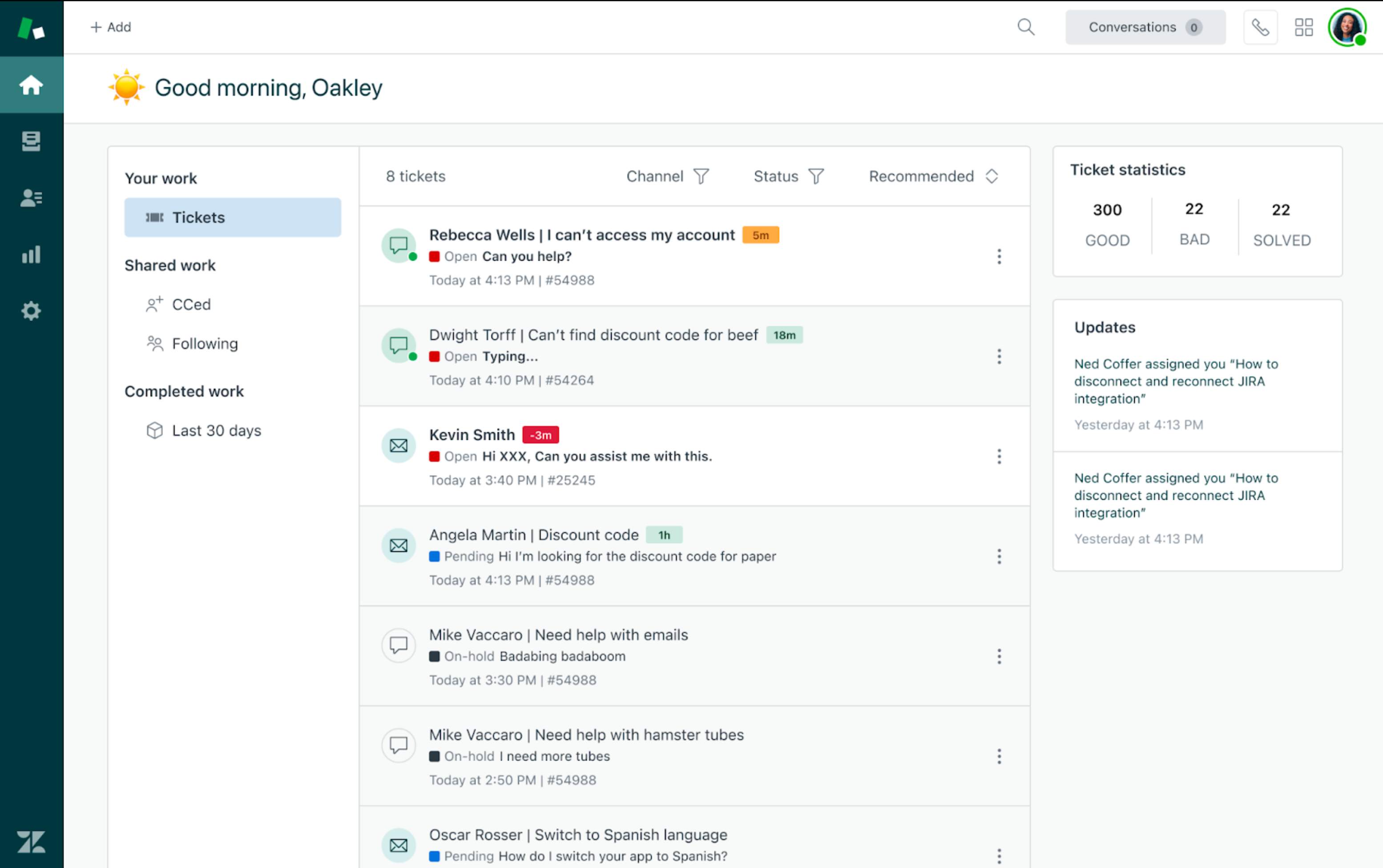
Zendesk simplifies customer service with its integrated support ticketing system, live chat, and knowledge base management. By providing a seamless customer experience, Zendesk helps businesses build better relationships with their customers, enhancing satisfaction and loyalty.
Zoom

Zoom has become synonymous with video conferencing, providing a reliable, high-quality platform for virtual meetings, webinars, and collaboration. Its ease of use and scalability make it a favorite for businesses of all sizes, facilitating remote work and global communication.
ZoomInfo
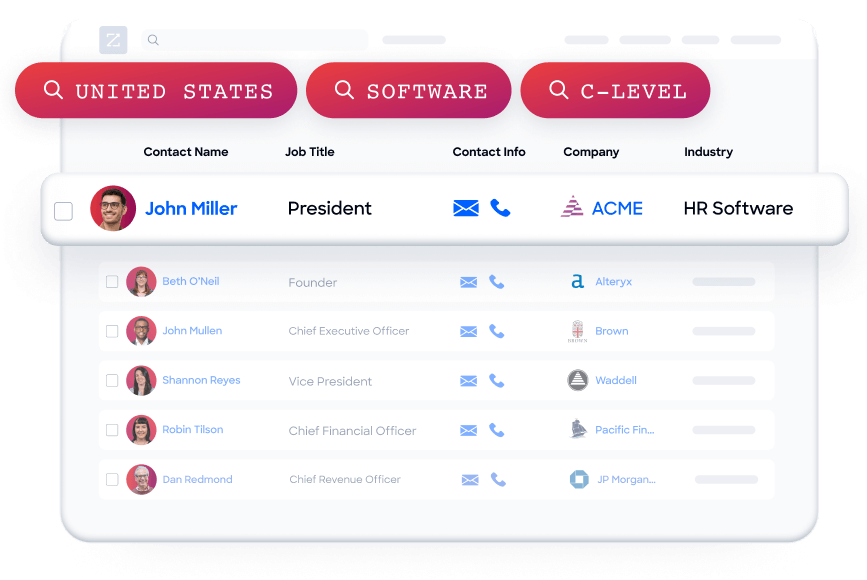
ZoomInfo accelerates B2B growth with its comprehensive business database, providing deep insights and actionable contact information. By equipping sales and marketing teams with targeted intelligence, ZoomInfo plays a pivotal role in optimizing outreach strategies and improving conversion rates.
Selecting the Right B2B SaaS Solution for Your Business

After acquainting yourself with the leading B2B SaaS solutions, the subsequent step involves selecting the most suitable one for your enterprise. This process involves assessing your business requirements, comparing features and pricing, and evaluating customer
Beyond these steps, considering the solution’s technical compatibility with your existing systems, its scalability requirements for the future, and the extent of customization it provides is crucial.
Remember, the best B2B SaaS solution for your business is the one that aligns with your strategic direction and operational requirements.
Assessing Your Business Requirements
Initiating the selection of an appropriate B2B SaaS solution involves internally assessing your business needs. This involves gaining a clear understanding of your business processes, goals, and the challenges that the B2B SaaS solution will address.
By identifying these requirements, you can ensure that the SaaS solution you choose aligns with your business-specific criteria and effectively gets your products online.
Comparing Features and Pricing
Subsequently, comparing the features and pricing of the shortlisted SaaS solutions is imperative. Here are some steps to follow:
- Look for features that align with your business’s strategic direction and operational requirements.
- Analyze the pricing models of these solutions, considering both upfront costs and the long-term return on investment.
- Understanding the pricing strategies that underpin the different pricing models is crucial when assessing business requirements.
Evaluating Customer Reviews and Testimonials
Prior to finalizing a decision, allocate time to read customer reviews and testimonials by the users most similar to you and your use case on your shortlisted SaaS solutions. This will provide you with valuable insights into the product’s strengths and potential areas for improvement.
Remember, customer testimonials and ratings play a significant role in:
- reassuring potential buyers about the credibility of a B2B SaaS product
- influencing their purchasing decisions
- contributing to increased customer satisfaction and loyalty.
Future Trends in B2B SaaS
Looking ahead, it’s evident that B2B SaaS solutions will persist in evolving, assimilating state-of-the-art technologies, and addressing industry-specific needs.
From artificial intelligence and machine learning to vertical-specific solutions, these future trends are set to shape the B2B SaaS landscape, driving smarter decision-making and competitive edge.
In addition to these trends, we are also seeing a rise in:
- Micro SaaS products targeting niche markets
- Mobile-first SaaS solutions for their accessibility and convenience
- Interoperability and open APIs for seamless integration between different systems and tools
These trends represent the next frontier in B2B SaaS, promising to bring even greater efficiency, customization, and business intelligence to modern businesses.
Artificial Intelligence and Machine Learning
Artificial intelligence and machine learning are poised to assume a central role in the future of B2B SaaS. With the global AI software revenue projected to reach $118.6 billion by 2025, it’s clear that AI integration within SaaS applications is on the rise.
From automating routine tasks to delivering deep insights into customer behavior, AI-powered SaaS solutions are set to revolutionize productivity in the business sphere, including marketing automation and the ability to create automated marketing campaigns.
Vertical-Specific Solutions
Going forward, a rising trend towards vertical-specific SaaS solutions is anticipated. These solutions are designed to meet specific regulatory requirements and cater to the unique needs of specific industries.
From industry-tailored marketing platforms to solutions that comply with industry-specific regulations, vertical SaaS is set to offer enhanced flexibility and cost-effectiveness for businesses.
Summary
In today’s fast-paced business landscape, B2B SaaS solutions are no longer a luxury but a necessity. These solutions offer businesses the agility, efficiency, and scalability they need to stay competitive in an increasingly digital world. From enhancing productivity to streamlining operations, the transformative power of B2B SaaS is clear.
As we look to the future, the influence of artificial intelligence, machine learning, and vertical-specific solutions will continue to shape the B2B SaaS landscape. By staying abreast of these trends and selecting the right solution for your business, you can leverage the power of B2B SaaS to drive growth, enhance efficiency, and achieve your business goals.
Frequently Asked Questions
What is B2B SaaS?
B2B SaaS refers to business-to-business Software-as-a-Service, which includes cloud-based software used by businesses for tasks like accounting, office productivity, and customer relationship management. The aim of such tools is to create a seamless and intuitive experience to assist businesses in their operations. The SaaS industry has thousands of B2B SaaS businesses worldwide.
What is the difference between B2B SaaS and B2C SaaS?
The main difference between B2B SaaS and B2C SaaS lies in their target audience and sales approach. B2B SaaS is tailored for businesses, emphasizing long-term partnerships with longer sales cycles, while B2C SaaS is designed for individual consumers with a focus on shorter sales cycles.
Why is B2B SaaS good?
B2B SaaS is beneficial because it offers flexible pricing options and allows access to data and services from different devices and locations, enhancing flexibility and remote work. Many B2B SaaS companies offer innovative technologies that are improving businesses worldwide.
What does SaaS stand for?
SaaS stands for Software-as-a-Service, which is a method of delivering software over the internet on a subscription basis, hosted and maintained by the provider. The ubiquity of internet availability has made cloud-hosted software more prevalent, as a reliable internet connection enables users to access software hosted on remote servers seamlessly, leading to the widespread adoption of cloud-based solutions.
What is an example of B2B SaaS?
A leading example of a B2B SaaS platform is HubSpot, which is used by over a million companies worldwide, including many in the United States. Its comprehensive suite of marketing, sales, and customer service tools, integrated into a single unified solution, offers businesses of all sizes the ability to attract, engage, and delight customers efficiently, exemplifying why it stands out as a prime example of B2B SaaS success.
Author
-

I'm the Founder and Editor-In-Chief of B2B SaaS Reviews and the Director of Demand Generation at PartnerStack, the leading platform for partner management and affiliate marketing in B2B SaaS. My experience spans several notable B2B SaaS companies, including Influitive (Advocate Marketing), LevelJump (Sales Enablement, acquired by Salesforce), and Eloqua (Marketing Automation, acquired by Oracle). I hold a Bachelor of Commerce in Marketing Management from Toronto Metropolitan University and a Master of International Business from Queen's University, with academic exchanges at Copenhagen Business School and Bocconi University.



